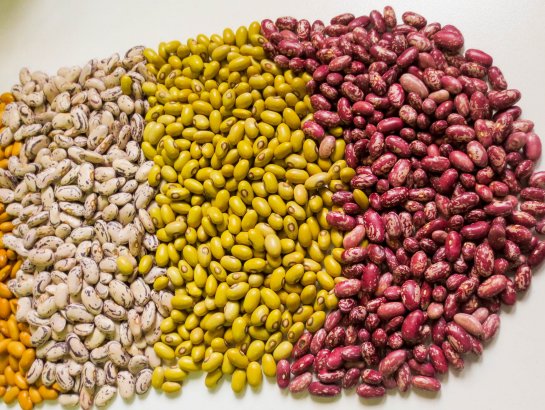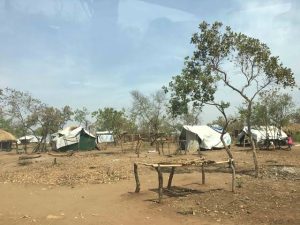Integrated seed development project winds up.
2 min read
The Integrated Seed Sector Development (ISSD Plus) in Uganda has come to an end leaving a gap in the implementation of the newly launched National Seed Policy.
The ISSD project was launched five years ago to contribute to the development of a vibrant, market-oriented seed sector, working with 30 local seed companies.
It also provided over 300,000 smallholder farmers access to affordable quality seed of superior varieties with the hope of strengthening seed sector institutions and the environment. Its activities were focused in the East, South-Western Highlands (Kigezi area), Western Highlands (Rwenzori area), South-Western, and the Northern Zone, with also a presence in the West Nile zone agro-ecological zone.
The project implements its activities through teams in the Zonal Agricultural Research and Development institutes of the National Agricultural Research Organisation (NARO). Its main importance has been the aiding of technology transfer where it was able to mobilise farmers into groups and give them the capacity to breed modern seeds using the parent seed developed by NARO.
The project is implemented by Wageningen Centre for Development Innovation (WCDI) in partnership with NARO and is funded by the Embassy of the Kingdom of the Netherlands in Uganda.
The Chief of Party, ISSD Uganda Patrick Oyee says the project was a response to the thriving substandard and counterfeit seed market in the country which took advantage of the poor farmers. He however says that much as the program was able to support increased availability of quality seed, the uptake remains low because of the lack of sensitization of the farmers.
Oyee expressed worry that the project has ended at the same time that the National Seed Policy passed last year was just going into implementation, and this could make the process slower. He called for more support to the Ministry of Agriculture by other stakeholders so that the Policy is effectively implemented.
The National Seed Policy was created to promote food security and regulate the quality of seeds to enable small and commercial farmers to improve yield and low costs.
It targets seed production development, streamlining the seed supply chain by curbing counterfeit and substandard products, as well as infrastructure, planting breeding, and distribution and use of seed.
Paul Mwambu, the Commissioner for Crop Inspection and Certification at the Ministry of Agriculture, Animal Industry and Fisheries, expressed worry that the implementation of the new Seed Policy could slow down with the end of the ISSD project.
On the part of NARO, the Deputy Director-General for Agriculture Technology Promotion, Sadik Kassim says they have developed more than 800 technologies related to agriculture in different areas.
The technologies are in areas of crop varieties, animal breeds, fish strengths, engineering, soil enhancement, production technologies as well as livestock.
He says the technologies are available for farmers to take and improve on their production and productivity, but that the problem is how to deliver them to the farmers, especially smallholder farmers.







